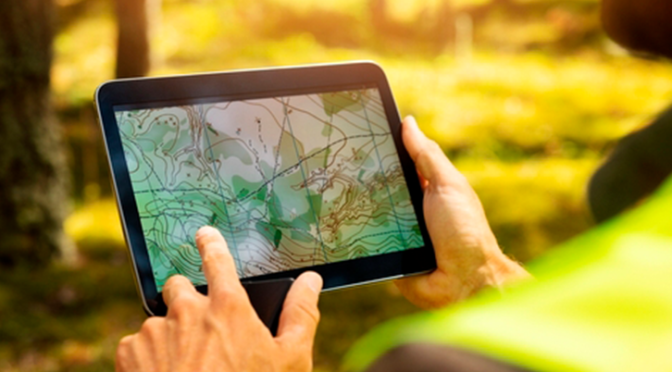- The new company aims to capture and store in nature more than 61 million tonnes of CO2, which it will make available to its customers in the form of carbon credits.
- Carbon2Nature was born out of the conviction that investing in nature is an essential lever for sustainable value creation and profitability.
- With a global approach, it will develop nature conservation, management and restoration projects with a high positive environmental and social impact.
Iberdrola launches Carbon2Nature (C2N) with the mission of developing high-impact nature-based solutions projects that reduce the global carbon footprint, improve biodiversity, and promote a sustainable economy. The company was born out of the utility’s conviction that investing in nature is essential to act against the climate and biodiversity crisis, while at the same time acting as a formula for sustainable value creation and profitability.
Carbon2Nature harnesses the potential of carbon credit markets, driving the development of in-house or collaborative projects that will generate high quality carbon credits, which Carbon2Nature will make available to its customers to support them on their path to net zero emissions, complementing ambitious decarbonisation strategies.
The company expects to capture and store in natural sinks more than 61 million tonnes of CO2, thanks to the promotion of ecosystem conservation and restoration projects in more than 100,000 hectares, mainly forests, but also coastal ecosystems (blue carbon) or agricultural soils. These projects will avoid emissions from their degradation, contribute to additional carbon sequestration and at the same time, promote multiple environmental and social benefits. It will also launch initiatives to promote emerging solutions and sustainable production processes.
Its business plan focuses on regions where Iberdrola is present and where these nature-based solutions have significant potential, so that Latin American countries such as Brazil, Mexico, Colombia, Peru and Chile will host 80% of its projects, while countries in the northern hemisphere, such as Spain, the United Kingdom and Portugal, will account for the remaining 20%. Today, Carbon2Nature is already working on the development of projects in Brazil, Mexico, Colombia, Chile and Spain.
Miguel Ángel García Tamargo, director of Carbon2Nature, explains that “to face the global challenge of climate change, the firm was created with the ambition to make a long-term impact at an international level. In order to achieve this, it is committed to diversification in geographies and projects and promotes collaborative strategies for their development with local communities and other actors, guaranteeing the highest levels of quality. We come to this new market with humility and a desire to do things differently, bringing all of Iberdrola’s experience in sustainability to the world of nature-based solutions and the generation of carbon credits”.
All projects will be certified against internationally recognised quality standards, which will also validate their contribution to improving biodiversity, the well-being of local communities and other Sustainable Development Goals (SDGs).
The zero net emissions commitment
Carbon2Nature underscores Iberdrola’s commitment to a sustainable energy model in harmony with nature and people. This model is underpinned by two main objectives: to achieve net-zero emissions in all scopes by 2040 and to have a net positive impact on biodiversity by 2030, according to its Biodiversity Plan.
The company is therefore able to take advantage of the synergies between Iberdrola’s climate and biodiversity objectives, allowing it to expand and extend its internal nature restoration projects, and realising the opportunities of the green economy. As such, in 2020 it launched the Tree Programme to promote the conservation and planting of 20 million trees by 2030.
Iberdrola has launched Carbon2Nature through its start-up programme, PERSEO, which has helped the utility to implement innovative solutions to boost renewable energies, decarbonisation and electrification of the economy, digitalisation of grids, promotion of efficient storage and care for the environment.
The programme’s ecosystem includes more than 7,500 start-ups, including unicorns – companies valued at more than $1 billion – such as electric vehicle charging solutions manufacturer Wallbox and Stem, which offers smart battery storage solutions.


